Case Study – Squatters Craft Beer and Wasatch Brewery: Guided by a Commitment to Environmental Responsibility
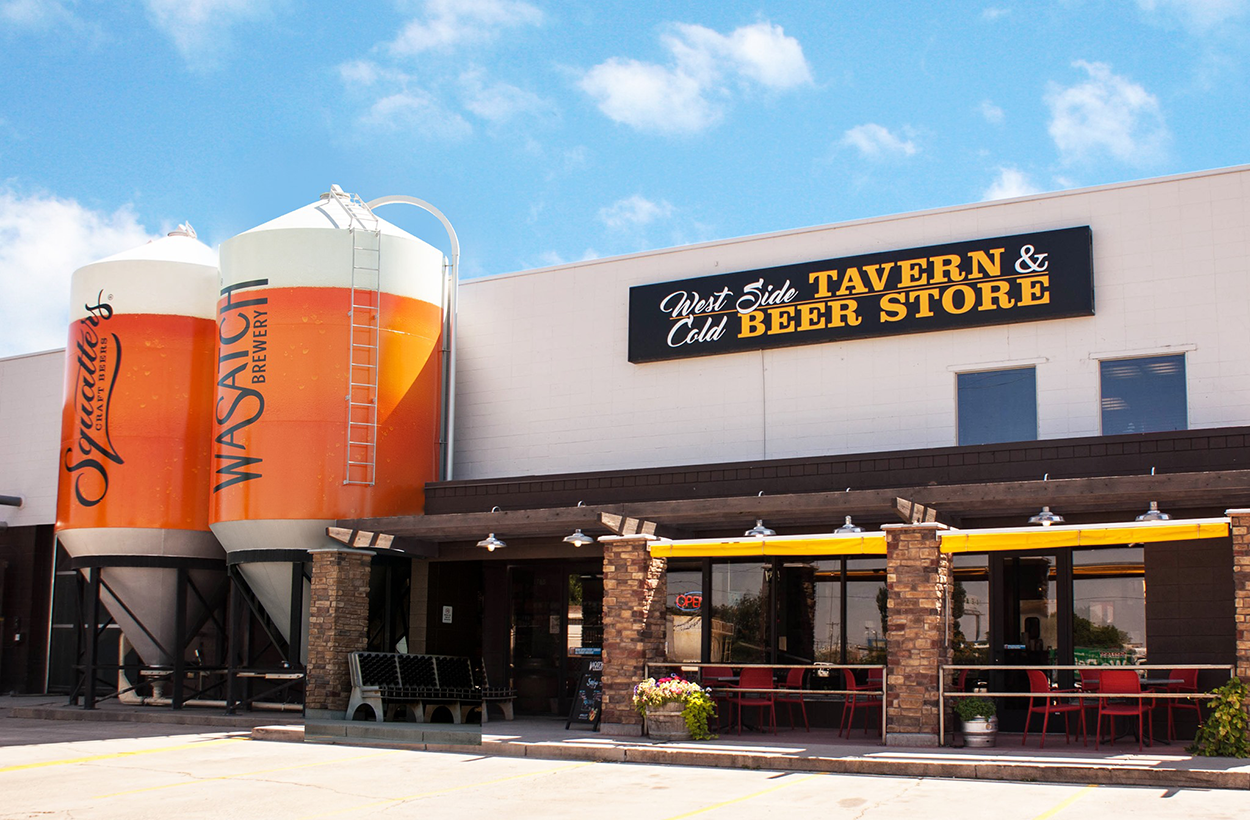
“The craft scene in Utah is a tight knit group of passionate people, and it is a top priority for us to be responsible stewards of the community. As such, we are constantly looking for new and innovative ways to reduce our impact on the environment” – Jon Lee; Brewmaster
If you were to ask the average Salt Lake City beer enthusiast which local brewery is most commonly associated with your hometown, the answer is likely to be Squatters Pub Brewery. Squatters, founded in 1989 and uniting with Wasatch Brewery in 2002 to form Utah Brewers Cooperative, is the quintessential Salt Lake City brewery with roots firmly embedded in northern Utah’s beer drinking culture. However, it is not just great beer that endears Squatters Craft Beer and Wasatch Brewery to the community, it is also their firm community-minded commitment to sustainability. As Brewmaster Jon Lee puts it, “the craft scene in Utah is a tight knit group of passionate people, and it is a top priority for us to be responsible stewards of the community. As such, we are constantly looking for new and innovative ways to reduce our impact on the environment”.
Look no further than Utah Brewers Coop’s partnership with Wasatch Resource Recovery’s (WRR) anaerobic digestion facility in North Salt Lake. WRR converts organic waste, otherwise destined for the landfill, into biogas which it then refines to pipeline grade renewable natural gas. Since March of 2019, when WRR first opened its doors, Squatters Pub Brewery and Wasatch Brewery have delivered 982 tons of brewing waste and 39 tons of unsaleable canned and bottled beer (the cans and bottles are captured for recycling). That brewery and beer waste resulted in the production of over 3,500 dekatherms of renewable natural gas- or enough natural gas to supply 504 homes for an entire month!
In addition to the community benefit derived from converting a waste product into a resource, the project also has significant environmental benefits, including: improved air quality by preventing the release of potent greenhouse gases (methane and carbon dioxide) into the atmosphere; improved soil health by land applying digestate- a byproduct left over after the digestion process which is high in nutrients; and the prevention of environmental degradation resulting from fossil fuel extraction. Environmental impact aside, businesses must be keenly aware of their bottom lines- especially in these uncertain times. Fortunately, the breweries’ cost savings resulting from low tip fees and efficient material receiving processes at WRR makes the decision easy. As Caitie Gold, the Senior Marketing Manager for Squatters and Wasatch Brewing, says, “becoming a more environmentally friendly business is a win/win. Not only does it help the local community and environment, but, in this case, it simply makes good business sense by reducing wasteful spending and keeping operations running more efficiently.”
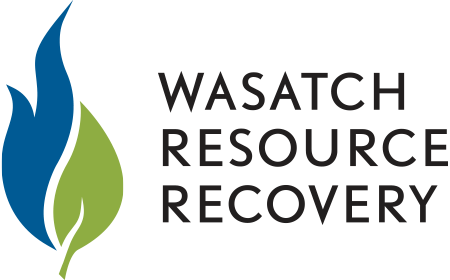
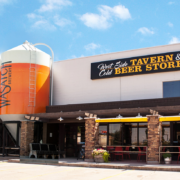
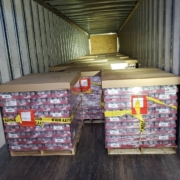

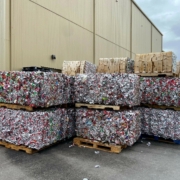

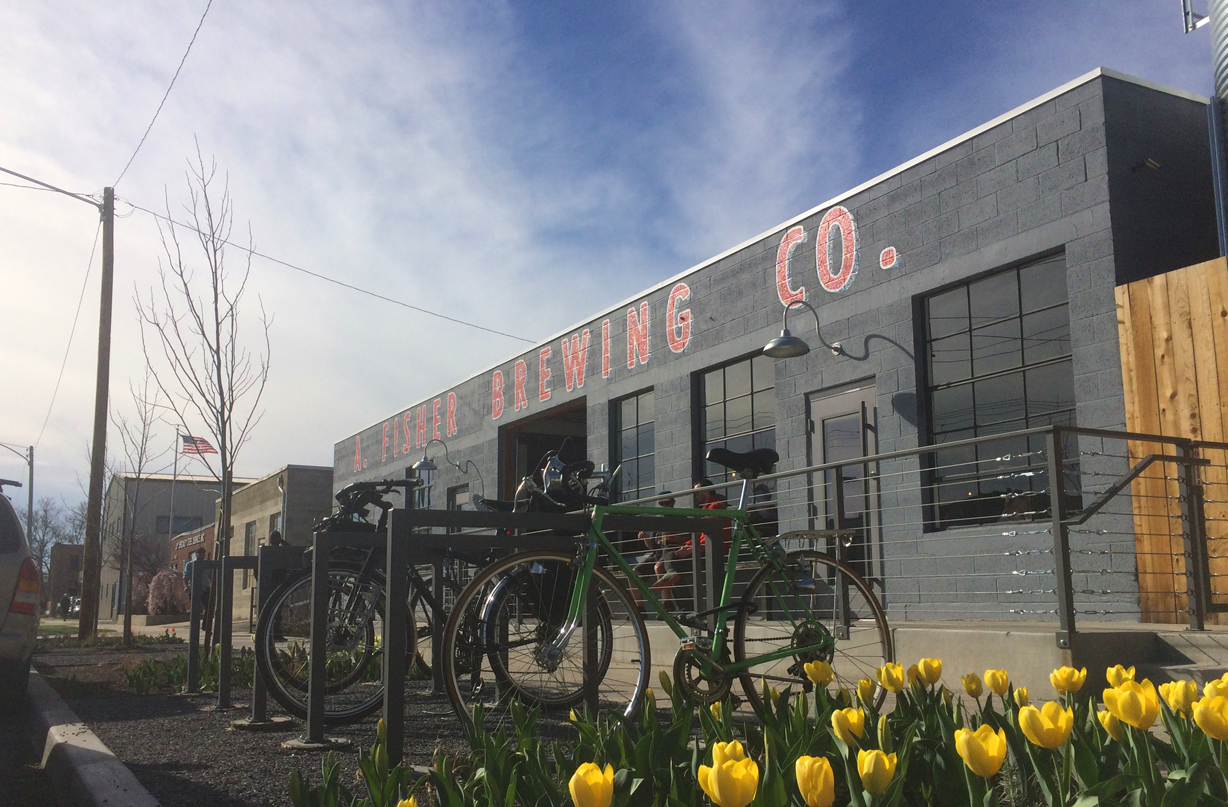 When Tom Riemondy was asked why his brewery sends his company’s brewing waste to Wasatch Resource Recovery (“Wasatch”), he candidly responded, “because our wastewater permit requires it”. Tom hails from a family steeped in beer brewing history and is one of Fisher Brewing’s three founder-owners. Many microbreweries send their brewing waste down the drain, which can result in significant surcharges from wastewater treatment plants. Other breweries have their material hauled to landfills.
When Tom Riemondy was asked why his brewery sends his company’s brewing waste to Wasatch Resource Recovery (“Wasatch”), he candidly responded, “because our wastewater permit requires it”. Tom hails from a family steeped in beer brewing history and is one of Fisher Brewing’s three founder-owners. Many microbreweries send their brewing waste down the drain, which can result in significant surcharges from wastewater treatment plants. Other breweries have their material hauled to landfills.